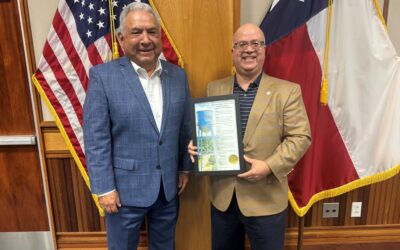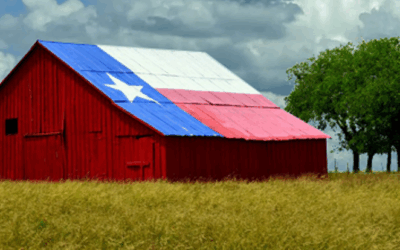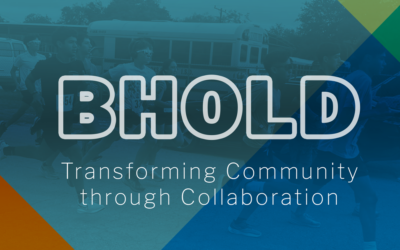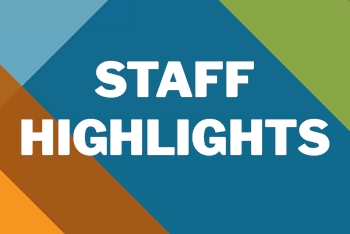In a recent article for Grantmakers in Health, Rick Ybarra, senior program officer at the Hogg Foundation, explores how philanthropy can contribute to supporting and building a stronger, more robust, and durable nonprofit sector.
Philanthropy has forever espoused the term “sustainability.” We ask in grant applications and in our conversations with grant partners: “What’s your sustainability plan?” and “How do you plan to sustain your program once the grant ends?” Read more…

Hogg Foundation Recognized by City of Pflugerville for Commitment to Men’s Mental Health
The City of Pflugerville has awarded a formal proclamation to the Hogg Foundation in recognition of Men’s Mental Health Awareness Month.
Hogg Foundation to Award $3.75 Million in Grants to Strengthen the Mental Health of Rural and Rural Border Communities
This initiative will build on community strengths and foster community-driven solutions to help develop, support, celebrate, and promote mental well-being.
Transforming Community Through Collaboration
We believe in supporting community-led approaches as a promising way to make a lasting transformation in mental health and well-being.
May 2025 Staff Highlights
Here’s a snapshot of the presentations made, events hosted, and honors received by the talented and dedicated staff of the Hogg Foundation during the month of May 2025.
Announcing the 2025 Ima Hogg Scholarship Recipients
Announcing 22 master’s level social work students at Council on Social Work Education accredited colleges and universities across the state.
AI and Beyond: Technology Shaping Mental Health
Artificial intelligence, or AI, is changing how we live, work, and even how we take care of our mental health. At the Hogg Foundation, we care deeply about how new tools like AI are being used to help people.






